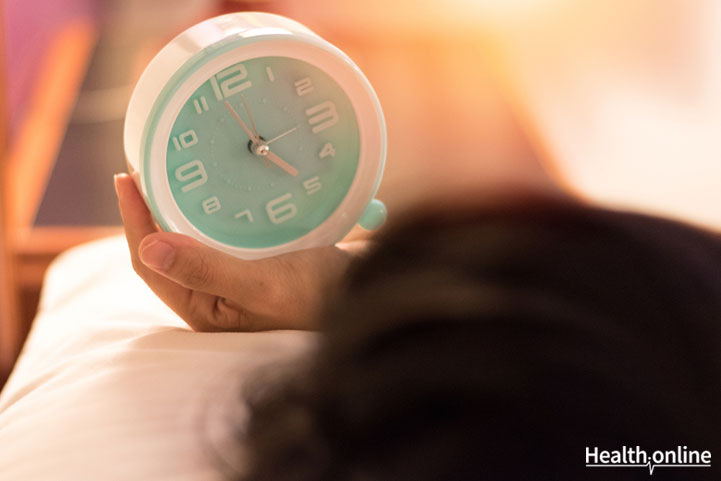
How to Cheat the Biological Clock
Your biological age is different from your chronological age. But what is biological age? How does it affects your health? A biological age definition, in simple terms, is the age of your body cells. If you are aware of your body’s biological aging processes, you can take measures to improve your health and even cheat the biological clock.
Measuring your Biological Age
Is it really possible to measure your biological age? There are various biological age tests that you can use. But there is not enough research on these tests to prove their accuracy. One test measures the length of the telomeres to determine the biological age of a person. Telomeres are end parts of the chromosomes and they disintegrate during the cell division process. Another test checks for oxidative damage to determine the biological age. Then there are blood and urine tests to measure the biological age. But none have proven to be accurate as of now.
You can also estimate your biological age by certain physical tests. You can measure your heartbeat when resting by checking your pulse in the left wrist. The ideal number should be between 60 and 100. If it is more than 100, then your body could be aging faster than you would like. The heartbeat rate indicates your heart’s health. Your body’s flexibility and strength can also give you some idea about your biological age. If you can’t reach more than 5 inches further when touching your toes in a sitting position on the floor – this could indicate an aging body even if you are young in a chronological sense.
You can check the body’s strength by doing knee push-ups. If you are over 30 and can’t do more than 10 pushups then you could be aging a lot faster biologically than you would like.
Many health websites offer biological age calculators using quizzes and algorithms. There is no way to determine the accuracy of these tests. If you really want to know your biological age (only an approximate figure) then talk to your doctor about tests you can take. One test measures a specific blood protein to arrive at your body’s aging rate.
Recommended Read: Indoor Training to Become a Better Outdoor Athlete
Delaying the Biological Clock
For women, biological aging becomes a more serious issue as it is often associated with reproductive health. Often, when women refer to their biological clock, they use it to mean their ability to reproduce. But biological aging is much more than just reproductive health. It is about the aging of all cells, tissues and organs in your body including reproductive organs.
The way to delay or cheat the biological clock or aging is to lead a healthy lifestyle. A good diet and regular exercise can delay biological aging to quite an extent. Diet also plays an important role in keeping a woman’s reproductive health robust in her late 30s and 40s as well.
With exercise and diet, you can keep obesity and heart diseases at bay. A good diet is also important for body’s hormonal health. These factors can affect a woman’s reproductive health too. For example, thyroid (a hormone) imbalance can cause infertility. Obesity can also make getting pregnant difficult.
Fresh fruits, vegetables, nuts, whole grains and lean meat constitute a healthy diet. Physical activities that increase your heart’s rate can also help you delay aging.
Adequate sleep is important too. Stress can also add years to your biological age. So, ensure that your lifestyle is healthy in every way to beat or delay the biological clock.
Keep yourself updated with the latest on Healthy Aging . Like us on Facebook and follow us on Twitter for more on Health , Diet & Nutrition and Fitness . Also, check out our Health Tools and try out our health-related Quizzes .




